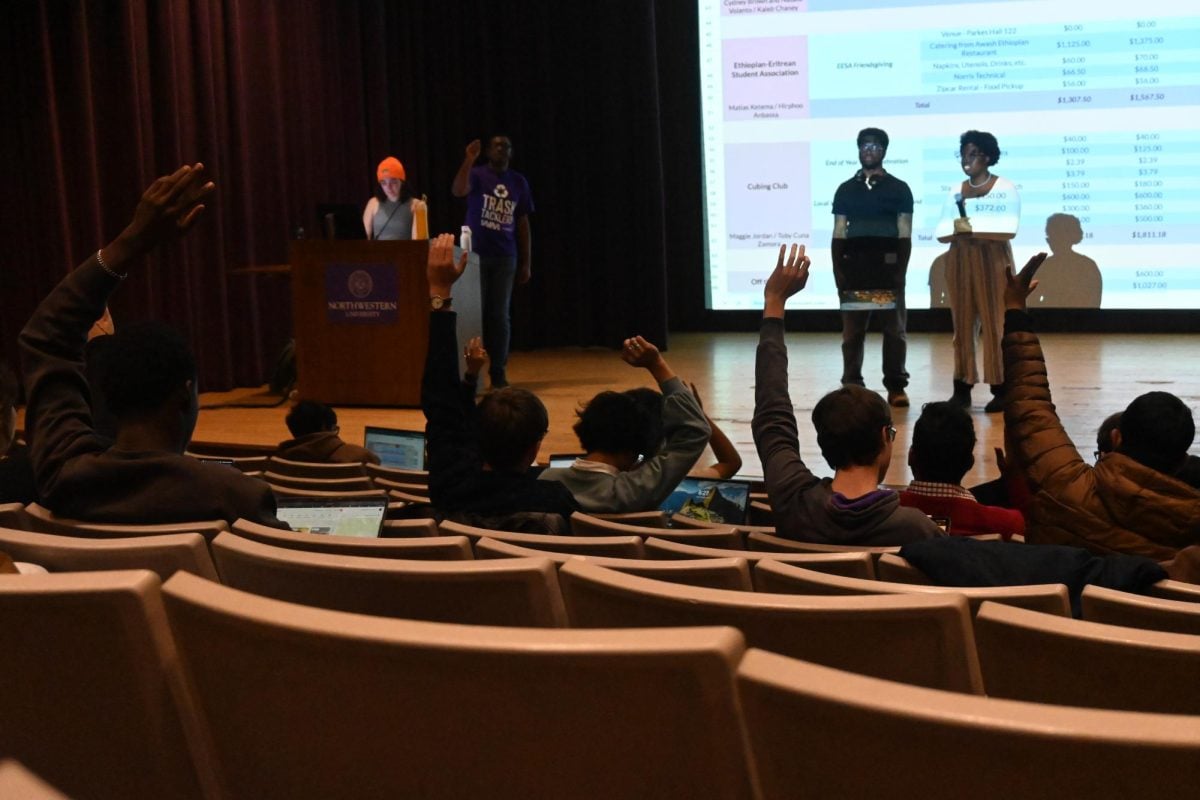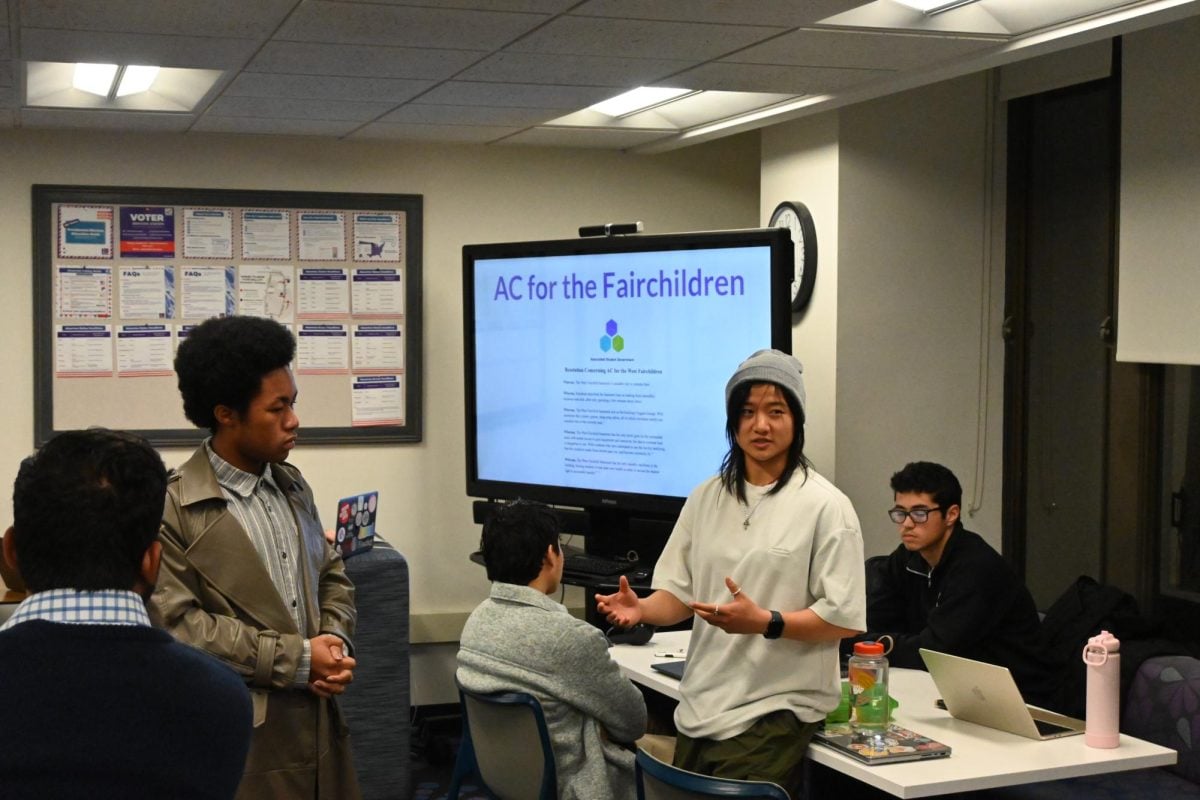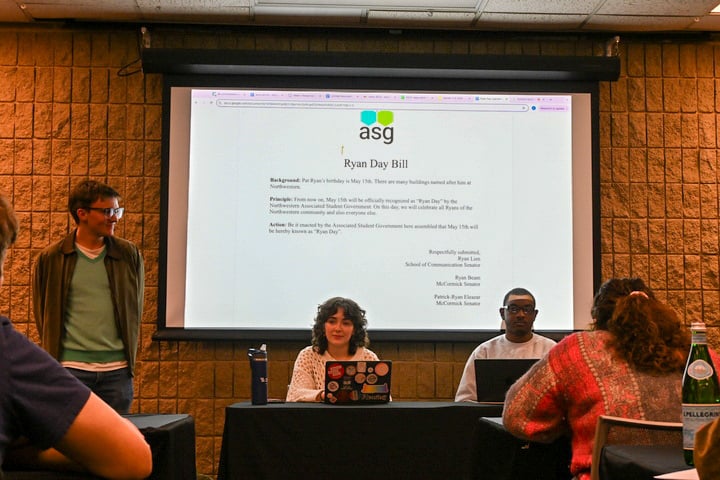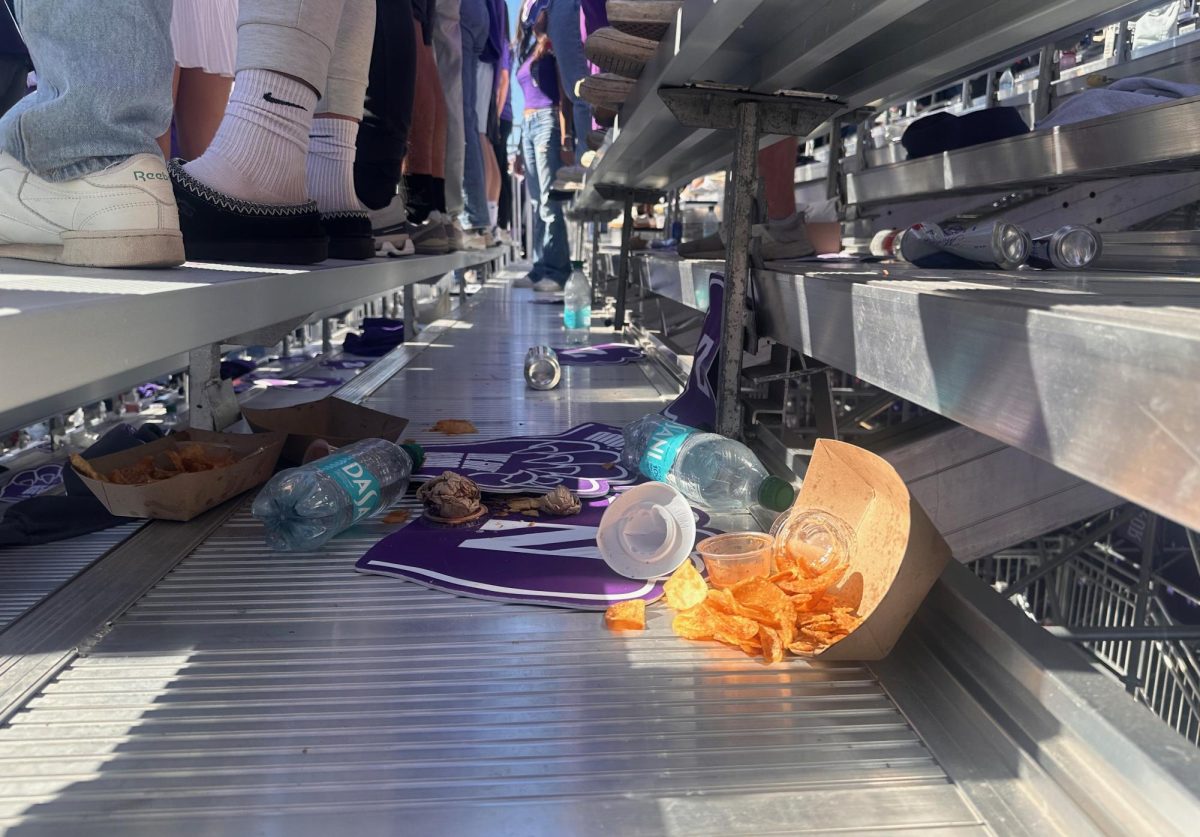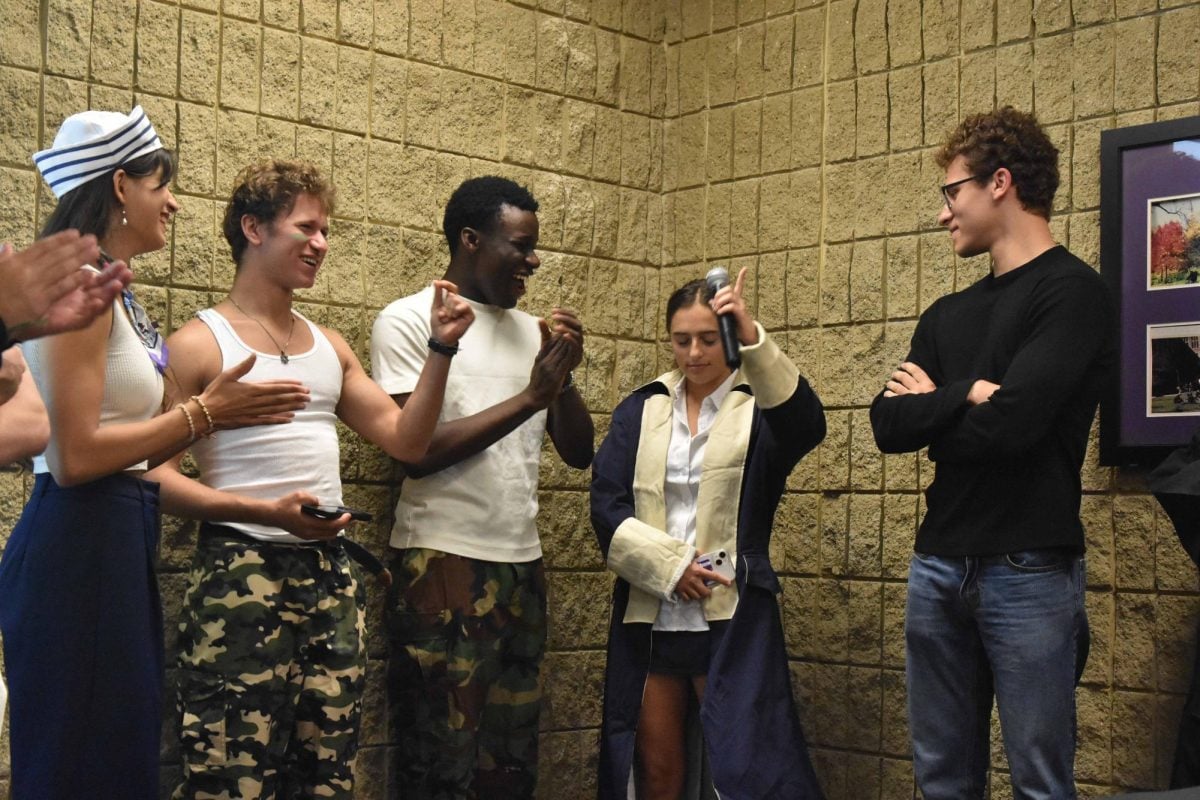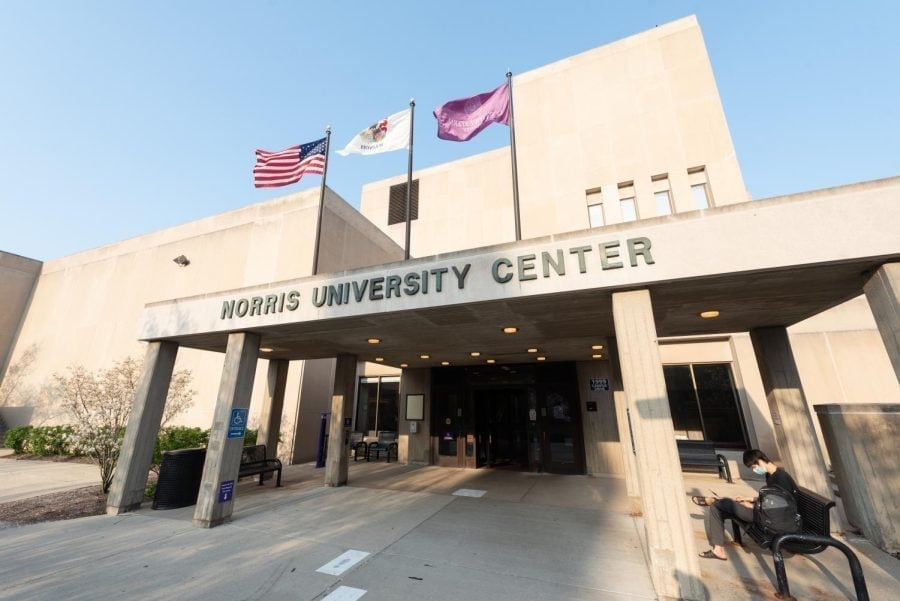Upcoming legislation in the Associated Student Government aims to improve the process by which senators from dormitories are elected, starting with the formalization of a pre-existing election commission. The legislation was written by ASG President Claire Lew and will be voted on next Wednesday.
Every fall, the Residence Hall Association and Residential College Board work with ASG to elect 15 senators from dorms during Wildcat Welcome week. Those elected are supposed to be in Senate by the first week of October, though that isn’t always the case.
The election process has “historically suffered from rushed preparation and a lack of communication,” according to the draft of the legislation. Lew said the main problem is the committee is typically not elected until the last meeting of Spring Quarter and is not able to make progress over the summer.
“There’s a lot of communication that has to happen between all these groups, and it doesn’t typically go as smoothly as it could,” Lew said.
The revamped committee, if approved, will consist of seven undergraduate members who are elected by Senate in the fifth week of Spring Quarter. The committee would become active next fall.
Under the legislation, the Residence Hall Association and Residential College Board would meet at least once with the Election Commission before elections, and one member of each would sit in on all commission meetings.
“RHA was frustrated because ASG wasn’t giving them enough guidance on how elections should work,” said Hiro Kawashima, executive vice-president of ASG. “The commission will be responsible for ensuring that senators are elected in a timely fashion and a proper way. They will then help the senators learn how the system works.”
The legislation also calls on the ASG president to compile a transition packet to aid the election process.
“As a freshman senator, there was a big learning curve, but with the help of many upperclassmen, I was brought up to speed,” said Aaron Zelikovich, freshman senator. “The formal committee is a great idea. Any assistance that a freshman can have will help to make ASG a more dynamic force on campus.”
Senate will also vote next week on legislation for the Jacqueline Triplett Service Excellence Award. Triplett, a former employee of Foster-Walker Complex Dining Hall who was known for her enthusiastic greetings, died Jan. 12 after suffering a heart attack.
If approved, the award would be given to one female and one male Northwestern student who “selflessly serve others in an exemplary manner,” according to draft legislation.
“Ms. Jackie was like that piece of home away from home that I could see every day, ” said Austin Young, Weinberg junior and a co-sponsor of the legislation. “No matter how your day was going, she was always there with a cheerful smile. It’s important that NU honors all members of its community.”
Other goals ASG will vote on before the end of the semester include improved cell phone reception, meal plan changes, increased campus-wide communication and the creation of a new Student Organization Finance Office task force, Lew said. Katie Bradford and the Student Life committee have been in meetings with administration to create a new meal plan that will better suit the student body.
“Meal plan improvements are really important,” Lew said. “Whatever new meal plan they’re going to make is going to happen this fall, so this is a really big deal.”
Though ASG helped to push the administration to improve cell phone reception in Norris University Center this year, it is now targeting Ryan Family Auditorium and University Library. Campus-wide Internet access is also a main concern. Senators from dorms were recently encouraged to take surveys and target places in the building where connections are weak.
In regards to communication, the executive board aims at creating a “one-stop website” for all students, Lew said, that will provide information about upcoming campus events and changes to campus life, including an all-encompassing academic and social calendar.
“A common problem that gets cited is a lack of centralized communication at the undergraduate level,” Lew said. “Students don’t know what’s going on on campus, what events are happening and what achievements are going on.”
